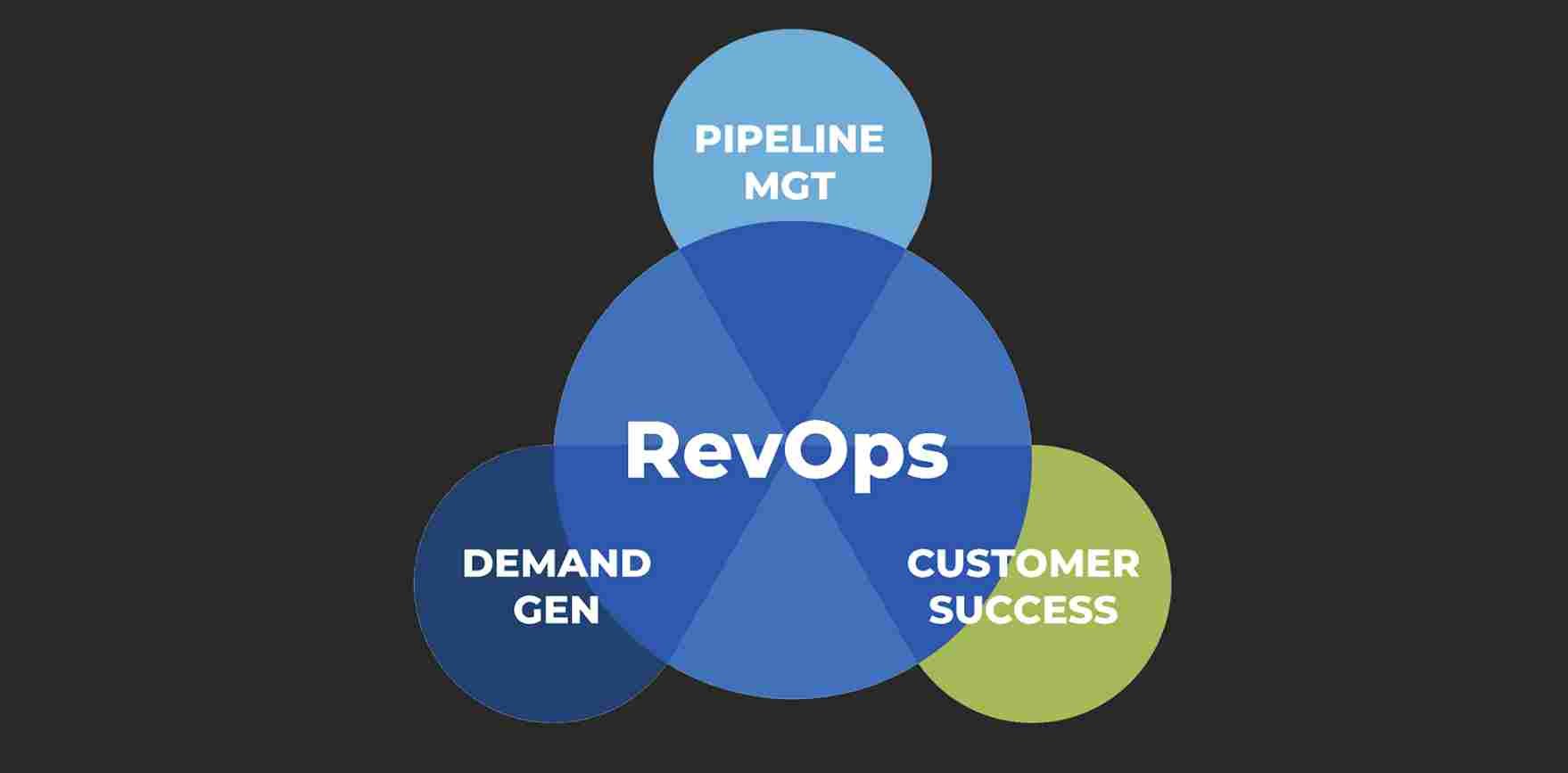How to Handle Negative Feedback on Social Media
In the vibrant realm of social media, managing your online reputation can often feel like walking a tightrope. Negative feedback, though unpleasant, is an inevitable part of engaging with a broad audience. However, handling such situations with grace and professionalism can turn potential crises into opportunities for positive engagement. Mastering the art of managing social media criticism is crucial for maintaining a robust and respectful online presence.
Responding to Negative Comments
The first step in addressing negative feedback is to respond to negative comments promptly and thoughtfully. Ignoring criticism or responding with defensiveness can escalate the situation. Instead, approach each comment with a calm demeanor and a willingness to understand the underlying issue.
Start by acknowledging the person’s concerns. A simple, empathetic response such as, “Thank you for bringing this to our attention. We’re sorry to hear about your experience,” can go a long way. It shows that you value their opinion and are committed to resolving the issue. This approach not only mitigates the impact of the negative feedback but also demonstrates your dedication to customer satisfaction.
Effective Feedback Resolution
Effective feedback resolution involves more than just a courteous response. It requires a strategic approach to address the root cause of the criticism and to implement improvements. If the negative feedback highlights a legitimate issue, take actionable steps to rectify the situation.
For instance, if a customer complains about a product defect, assure them that you are investigating the matter and will take corrective measures. Follow up with specific actions, such as offering a refund or replacement, and inform the critic of the steps taken to prevent future occurrences. This proactive approach can transform a dissatisfied customer into a loyal advocate.
Handling Online Disputes
Sometimes, negative feedback can escalate into full-blown online disputes. Handling these situations with tact and professionalism is essential to prevent them from damaging your brand’s reputation. When faced with a dispute, avoid engaging in prolonged arguments or exchanging insults. Instead, aim to de-escalate the situation by steering the conversation to a private setting.
Encourage the individual to contact you via direct message or email for a more in-depth discussion. This not only resolves the issue away from the public eye but also allows for a more personalized resolution. In cases where the dispute has gained significant attention, consider posting a general response acknowledging the issue and outlining your commitment to resolving it.
Managing Social Media Criticism
To effectively manage social media criticism, it’s important to maintain a consistent and transparent approach. Develop a social media policy that outlines how to handle negative feedback and ensure that your team is trained to adhere to these guidelines. Consistency in your responses helps build trust with your audience and reinforces your brand’s commitment to customer service.
Additionally, leverage social media analytics to monitor sentiment and track recurring issues. By analyzing patterns in feedback, you can identify potential areas for improvement and address systemic problems before they escalate. This proactive stance not only improves your products or services but also enhances your overall online reputation.
Building a Positive Online Presence
While addressing negative feedback is vital, fostering a positive online presence should be a continuous effort. Engage with your audience regularly, share valuable content, and highlight positive testimonials. Building a strong foundation of positive interactions can help buffer against the impact of negative feedback and reinforce your brand’s credibility.
Encourage satisfied customers to share their experiences and provide feedback. Positive reviews and testimonials can counterbalance the effects of criticism and serve as powerful endorsements of your brand’s strengths.
In summary, handling online disputes and managing social media criticism requires a blend of empathy, strategic thinking, and proactive engagement. By addressing negative feedback with professionalism and a commitment to improvement, you not only resolve individual issues but also strengthen your brand’s reputation. Through thoughtful and effective feedback resolution, you can turn challenges into opportunities and maintain a positive, influential presence in the digital landscape.





